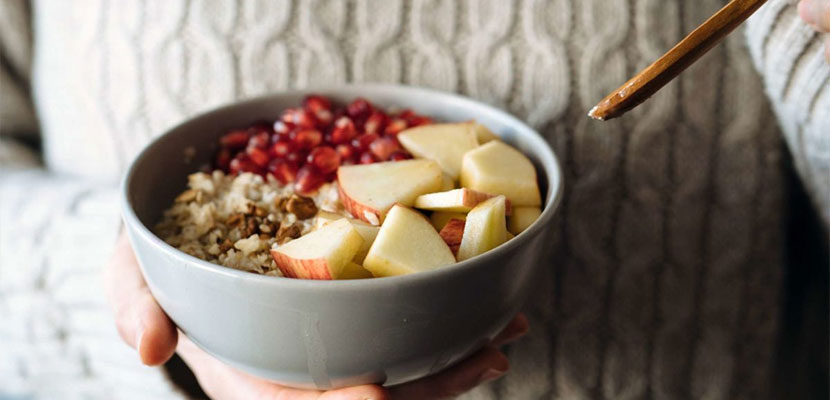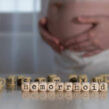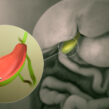You recently had your gallbladder removed or may be scheduled to have it removed to get rid of your gallstones. But, contemplate the lifestyle changes you may need to make post-surgery, especially in your diet that includes foods you enjoy.
The gall bladder is a small pear-shaped organ that is located beneath your liver. It helps your body to break down and digest the fats you eat. But it isn’t vital for your living. However, to compensate for this new change in your body, you may have to make some diet-related modifications. With time, you shall be able to gradually add some of these foods back into your diet.
Table Of Contents
Foods to Avoid
Generally speaking, try avoiding fatty, greasily, processed, spicy, and sugary food in your diet after your gall bladder is removed because bile fluids have a laxative effect that can cause nausea, bloating, loose stools, and severe belly pain.
With trial and error, however, you will know what you can and cannot eat comfortably.
Some of the ‘no gall bladder food’ you should sidestep are:
- Fatty meat: Both processed and non-processed meat products have a significant amount of fat in them. Therefore, avoid eating foods and gravy containing bacon, bologna, sausage, ground beef, lamb, and ribs.
- Dairy Products: Dairy products are a great source of calcium and vitamin D; however, when taken in excess, they can upset your digestion, particularly after your gall bladder removal. So, avoid whole milk, full-fat yogurt, full-fat cheese, butter, whipped cream, ice cream, creamy sauces and soups, and dressings in your diet. But again, you can boost your digestion by eating low-fat curd or yogurt containing probiotics.
- Processed foods: These include canned, frozen, packaged, baked, or nutritionally fortified foods high in sugar and unhealthy fats. Avoid or limit eating bakery products, pizzas, fries, potato chips, sugary cereals, processed white bread, and all food that is cooked with hydrogenated oil until you completely recover.
- Alcohol and caffeinated beverages: Caffeinated drinks and alcohol post gallbladder surgery often cause digestive distress. You may wish to space out the use of coffee, chocolate, alcohol, energy drinks, soda, and coffee-flavoured desserts in your new diet plan to avoid caffeine’s irritating effect.
- High fiber foods: Some high fiber and gas-producing foods such as whole-grain bread and cereals, nuts, legumes, seeds, cabbage, broccoli, cauliflower, and Brussels sprouts can lead to diarrhea, cramping, and bloating when introduced instantly. So, add them slowly back to your diet while you ramp up your intake.
Foods to Eat
Since eating certain foods after your gall bladder surgery can help in your speedy recovery, you may want to focus on eating the following foods:
- Fruit and veggies: As these are the important source of phytonutrients, antioxidants, immune-
boosting vitamins, and other essential minerals, you may want to include them in sufficient quantities in your diet to deal with the long-term effects of gall bladder removal.Examples are spinach, cucumber, kale, apples, strawberry, oranges and limes, red grapes, avocados, blueberries, blackberries, raspberries, and tomatoes.
- Soluble fiber foods: Eating sufficient soluble fibers during this period can boost your gut functions while avoiding unwanted symptoms. Therefore, choose oats, barely, carrots, oranges, apples, berries and other fruit varieties in your diet to keep your gall bladder healthy.
- Lean Proteins: For many meat-eaters, changing the regular diet can be intimidating after gall bladder removal. But you can take lean meat or plant proteins such as lean beef and pork cuts, tofu, salmon fish, chicken breast, well-cooked legumes, and white turkey to satisfy your palate.
- Healthy fats and fat-free diet: You can still add some low-fat or healthy fat versions of food such as skim milk, low-fat yogurt, coconut oil, olive oil, avocados, flaxseed, chia seeds, and nuts (in small quantity) in your daily gall bladder diet.
But, remember not to exceed the limit of 3 grams per serving for proper digestion.
Other important diet tips
You can also try the below-given tips for a speedy recovery:
- Drink enough water to stay hydrated.
- Stick with clear liquids, broths for the first few days of surgery.
- Eat your meals in small portions throughout the day.
- Exercise regularly for healthy weight and overall fitness.
- Be mindful about your food options and if possible, consider the following a vegetarian diet. Removal of the gall bladder isn’t last.
No definitive recommendation for a diet after the gall bladder removal is available. But, sticking to the doctor’s advice of healthy, low-fat diets and eating small, frequent meals can reduce your risk of future adverse effects while improving your overall health. Even though you can lead a healthy life without your gall bladder, some lifestyle changes are necessary to help avoid discomfort. Here are 5 Super Helpful Tips To Avoid Discomfort After Gall Bladder Surgery.
Reach us
If you are looking for an effective treatment for gall bladder stones, then get in touch with us via email or phone call. Our specialist, Dr. Parthasarathy is one of the most renowned surgical gastroenterologists in Hyderabad, India. He has about 15 years of experience and has performed 3000+ advanced laparoscopic procedures, also he performs more than a hundred successful surgeries for gall bladder every year.



